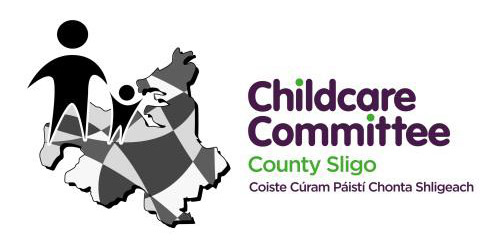The Minister for Children and Youth Affairs and the Minister for Education and Skills have awarded a contract for a major new higher education programme aimed at providing education and training in best practice for the inclusion of children with a disability in pre-school. The Ministers are pleased to announce that a consortium led by Mary Immaculate College, Limerick, in partnership with the Froebel Department in the National University of Ireland, Maynooth and Early Childhood Ireland, has been selected to deliver the new national Higher Education Programme for Inclusion Co-ordinators in Early Years Settings.
The national programme is a special purpose award for early years practitioners which will see up to 900 early years practitioners graduate each year, qualifying them to perform the new role of Inclusion Co-ordinator in their Early Years Care and Education setting. The role will also attract a higher rate of capitation in respect of every child in an Early Years setting which employs an Inclusion Co-ordinator. It is one of a wide range of initiatives which are being put in place under a new model of supports to enable children with a disability to attend and participate to the fullest extent in the free pre-school programme (otherwise known as the ‘Early Years Care and Education programme’). The new model was launched in November 2015 by the Minister for Children and Youth Affairs Dr James Reilly, along with the Minister for Education and Skills Jan O’Sullivan and Kathleen Lynch, Minister of State from the Department of Health whose responsibilities include the area of disability.
Development and design of the new higher education award is being funded by the Department of Education and Skills from dormant accounts funding. A further €15m investment was secured by Minister Reilly to implement all elements of the new model in 2016, with full year costs rising to €40m by 2020.Minister Reilly said:
‘The value of quality early years care and education is well documented. The international evidence shows a wide range of benefits for children, for families and for society itself. This is even more true for children with a disability. Therefore I want to see all children, including children with a disability, being able to participate to the fullest extent possible in the ECCE Programme in mainstream pre-school settings. I am delighted with this announcement, presaging as it does the education and training of hundreds of graduates each year that will enable them to empower children with disabilities in the ECCE sector. While in certain circumstances it still will be necessary for valid reasons for continued specialised provision, today’s announcement will ensure that the greatest possible number of our children will attend ECCE in mainstream settings. Bringing together children with different abilities enriches all their lives.’
Minister O’Sullivan agreed with this, noting that this new national higher education certificate will play an important role in the ongoing development of the early years workforce. She and her colleague, Minister Reilly, congratulated the successful applicant partners:
“I am confident that this consortium will put in place a high quality programme. This partnership combines the academic expertise of two highly respected higher education departments both with a proven track record in early years education and research. The partnership with Early Childhood Ireland, and their invaluable knowledge of the sector and the professional demands on the workforce, will ensure that the qualification is fit for purpose and professionally relevant.”
The higher education certificate programme will be offered on a flexible and part-time basis to 900 staff per year on a four year basis starting this year and an application process will be announced very shortly.

